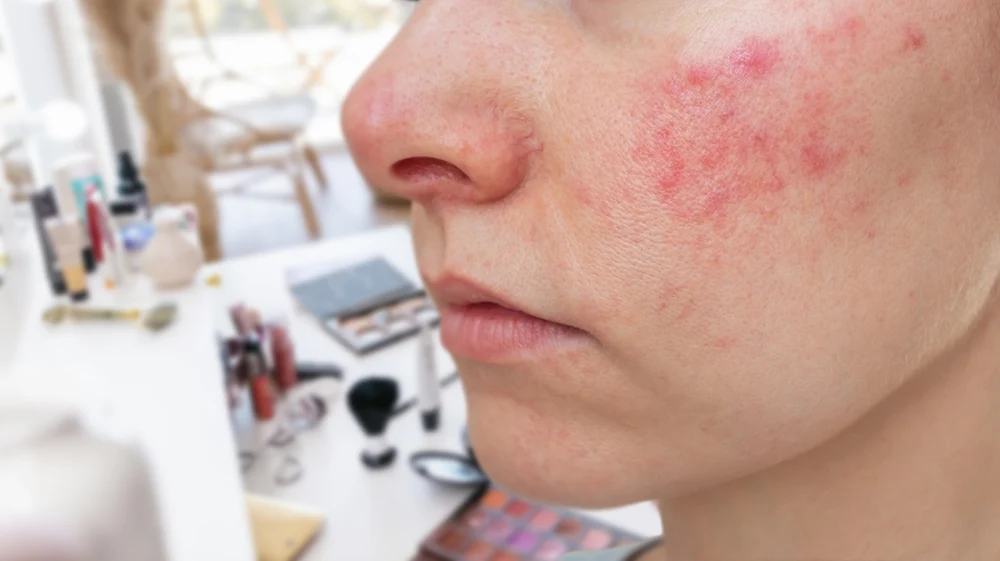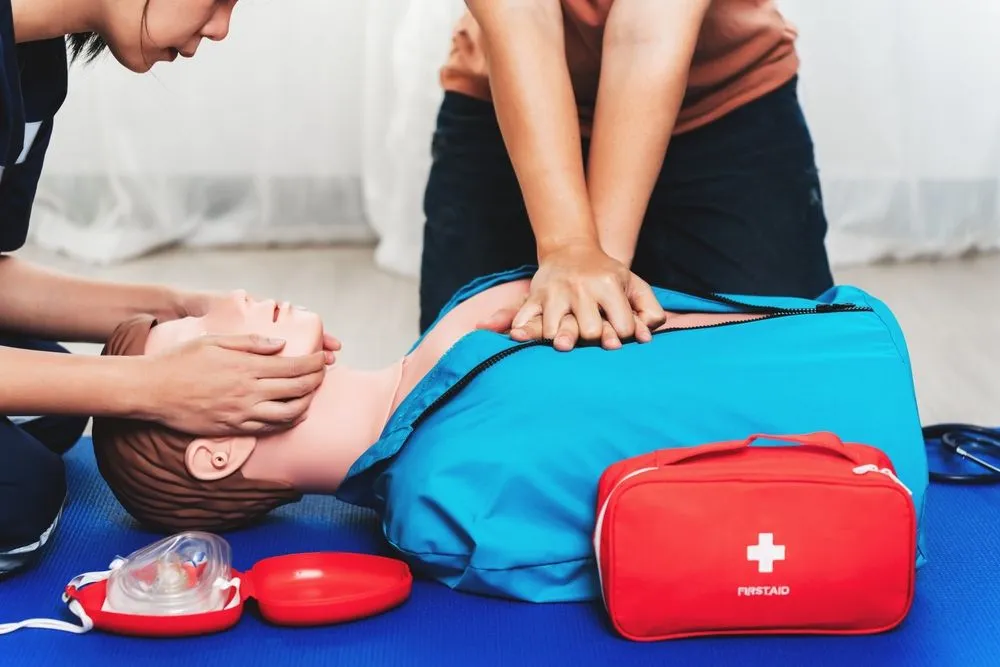
What is Slapped Cheek Syndrome?
The fifth disease, slapped cheek syndrome, is a viral disease caused by parvovirus B19. It is commonly linked to children, although it is also possible at other ages of life. This condition’s name comes from the bright red rash, which is easily distinguishable on the skin of the cheeks, resembling a slap mark.
Can Adults Get Slapped Cheek Syndrome?
Yes, adults can get slapped cheek syndrome. Though it is more frequent in children and babies, adults are not safe from the viruses that cause this infection. Old people, individuals with low immunity, and those without previously encountered the virus are more vulnerable to the disease.
Symptoms of Slapped Cheek in Adults
The symptoms of slapped cheek syndrome in adults may differ from the signs observed in children. Here are some common signs:
- Facial Rash: A bright red rash on the cheeks, although not as distinct in adult patients.
- Joint Pain: Adults can develop joint pain or stiffness in different body parts, such as the wrists, knees, and ankles.
- Fatigue: A constant sleepy sensation for no apparent reason.
- Flu-like Symptoms: Fever, sore throat, headache, and cold.
- Body Rash: A red, lace-like rash may appear on the arms, chest, or legs.
If you are experiencing these symptoms, especially after contacting a patient with slapped cheek syndrome, seek a doctor’s attention for a diagnosis.
How to Treat Slapped Cheek Syndrome in Adults
Like all other viral illnesses, slapped cheek syndrome cannot be cured; only the symptoms can be treated. However, the condition is usually not severe and clears up. Here are some tips for managing the symptoms:
- Pain Relief: Use over-the-counter medications such as paracetamol or ibuprofen to treat joint pain and fever.
- Stay Hydrated: Drink plenty of water and other fluids to avoid dehydration.
- Rest: Give your body time to recover by getting enough sleep and avoiding exertion-related activities.
- Soothing Creams: Relieve itchy rashes with calamine lotion or antihistamines.

Ready to Learn More?
Want to learn more about slapped cheek syndrome management? Our First Aid courses offer complete training to help you handle critical situations. Whether you want to improve your skills or workplace safety, these courses help build confidence and expertise. View our Emergency First Aid at Work (EFAW) and Level 3 First Aid at Work courses. These courses meet the UK legal requirements and help you keep people safe.
Slapped Cheek Syndrome in Children and Babies
Slapped cheek syndrome is usually mild in children and babies and lasts about 2–3 weeks. Some signs include bright red cheeks resembling slapped cheeks, mild fevers, and sometimes congestion or a sore throat. It may also spread to the body but is commonly not itchy.
When to Seek Medical Attention
- Symptoms last for more than a couple of weeks.
- You are pregnant, as the virus can affect the baby’s development.
- You have a weak immune system due to a medical condition or medication.
- You experience severe joint pain or swelling that interferes with daily activities.
Conclusion
While slapped cheek syndrome is usually a childhood disease, adults are not immune to it. Some adults may experience joint pain in addition to the slapped cheek rash. Therefore, having an understanding of the signs and how the condition can be managed is very important. If you think you have developed it, remember that the condition is often relatively mild and does not require treatment. However, if symptoms persist or worsen after 48 hours, a doctor should be consulted.




